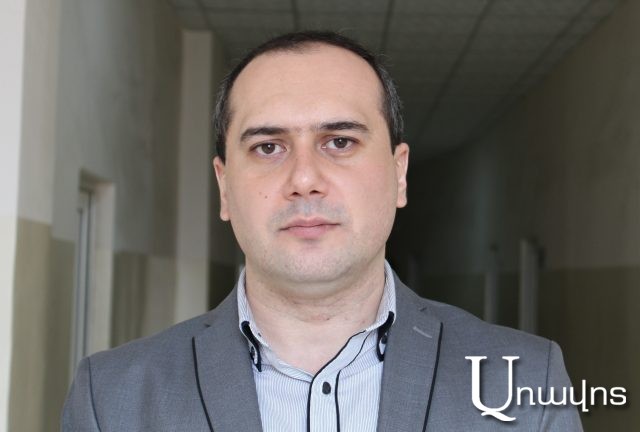“Several regional sources, mainly Kurds, Syrians, and Lebanese sources, had contacted us throughout the last few weeks regarding the fact that thousands of militants were being transported from Turkey to Azerbaijan. This method implemented by Turkey was also proven during the Azerbaijani aggression on September 27th,” expert on Arab affairs Armen Petrosyan told Aravot Daily regarding the fact that Turkish militants transported from Syria to Azerbaijan were among the opponent’s casualties yesterday.
“The opponent did not seem to spare military equipment or human lives during this well-planned attack. And Azerbaijan’s policy during offensive attacks has not changed: the militants and the indigenous peoples of Azerbaijan are sent to the frontline. We know that they have several hundreds of losses. That number will naturally increase dramatically, and it will be quite difficult to hide that. Therefore, Azerbaijan prefers to send militants to the frontline because it is not necessary to report the number of casualties since few will care to know.”
Armen Petrosyan emphasized that Turkey has been establishing militant groups in Syria over the past few years in order to carry out different orders. “Several groups operated to defend Turkey’s interests in the Syrian war. When it became obvious over the past few weeks that Turkey and Azerbaijan were planning new provocations against Artsakh, thousands of militants were transported from Syria to Azerbaijan. It is logical after taking into consideration the social conditions in Syria. Thousands of people from different parts of Syria accept Turkey’s offer to receive a salary in exchange for defending Ankara’s interests.”
Arsen Petrosyan believes that it is obvious that the attacks were a combined effort from Turkey and Azerbaijan where Turkey’s interests were extremely critical. “Turkey obviously weakened its activities in the East Mediterranean so that it could focus on the South Caucasus. Azerbaijan can also be considered a proxy-state meant to serve Turkey’s interests that grows active to resolve Ankara’s problems.”
Read also
Luiza Sukiasyan






















































